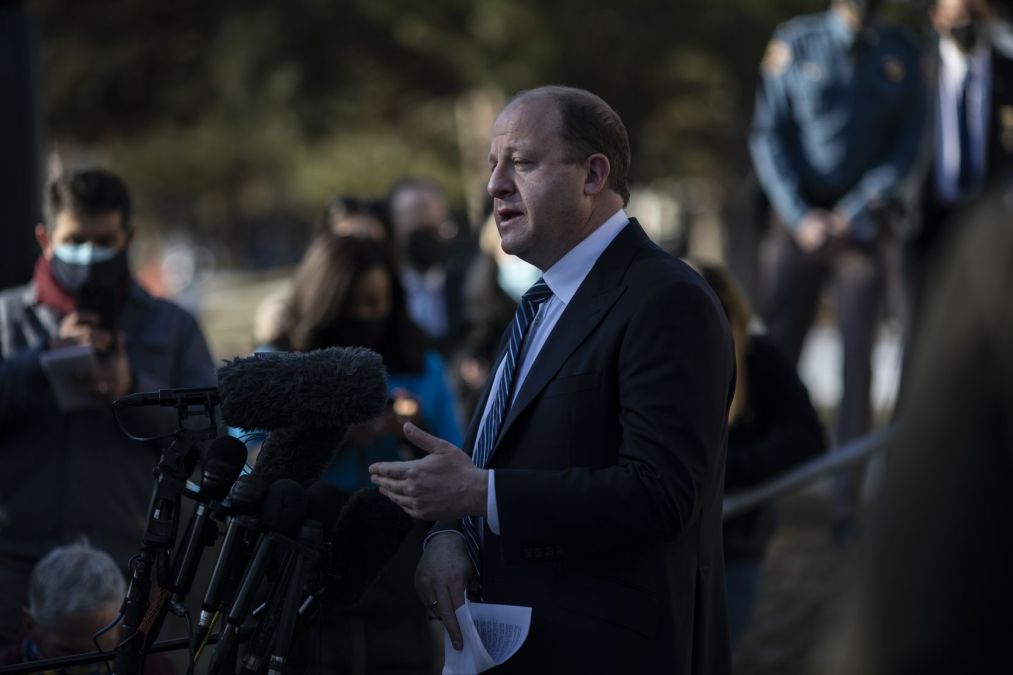Colorado governor calls special session, urging lawmakers to delay AI law

Colorado Gov. Jared Polis on Wednesday called lawmakers back to the capitol on later this month for a special legislative session, potentially delaying the state’s artificial intelligence law from being implemented until 2027.
The Artificial Intelligence Act, which Polis signed in 2024, is the first state law in the U.S. to regulate high-risk AI systems in areas like hiring, lending, housing, insurance and government services. The law, scheduled to take effect next February, requires companies to conduct bias risk assessments, notify users when AI is involved in consequential decisions and provide an appeals process for those adversely affected.
In an executive order calling for the special session, Polis expressed the need to clarify the definitions and ease the compliance process, so the state isn’t footing the bill. The special session would occur Aug. 21.
“I am also asking the General Assembly to take action related to preserving access to health services, tackling the growing cost of private health insurance on the individual market, and addressing the impending and costly implementation of artificial intelligence legislation,” Polis wrote.
Lawmakers attempted to clarify terms of the bill and delay the law until January 2027 during the 2025 legislative session, but their efforts failed when they didn’t find consensus.
Prominent tech companies like Amazon, Google and Salesforce reportedly oppose the legislation, arguing that the law will stifle innovation and balloon their budgets, while other major players, such as Microsoft and IBM, have supported the measure.
Travis Hall, director of state engagement at the Center for Democracy and Technology, told StateScoop in an emailed statement that the bill primarily affects private-sector developers.
“Colorado’s groundbreaking law provides a range of common-sense, baseline transparency and accountability requirements for the use of AI in consequential decisions such as housing and employment,” Hall said. “Coloradan workers, consumers, and citizens have made clear their support for guardrails when these tools are used in contexts that affect people’s lives and livelihoods.”
Hall added that though Polis seeks to remove the need for additional money to cover state agency compliance costs from the AI legislation, he is unclear on how the removal will impact the state’s AI regulation or limit consideration of the bill’s amendments. He encouraged state lawmakers to resist any revisions.
“As the Colorado legislature convenes to consider revisions to this law, it must reject attempts to remove any meaningful oversight,” Hall said. “We urge legislators to stand strong in their efforts to protect their constituents from the documented harms that the unaccountable use of these tools can cause.”






